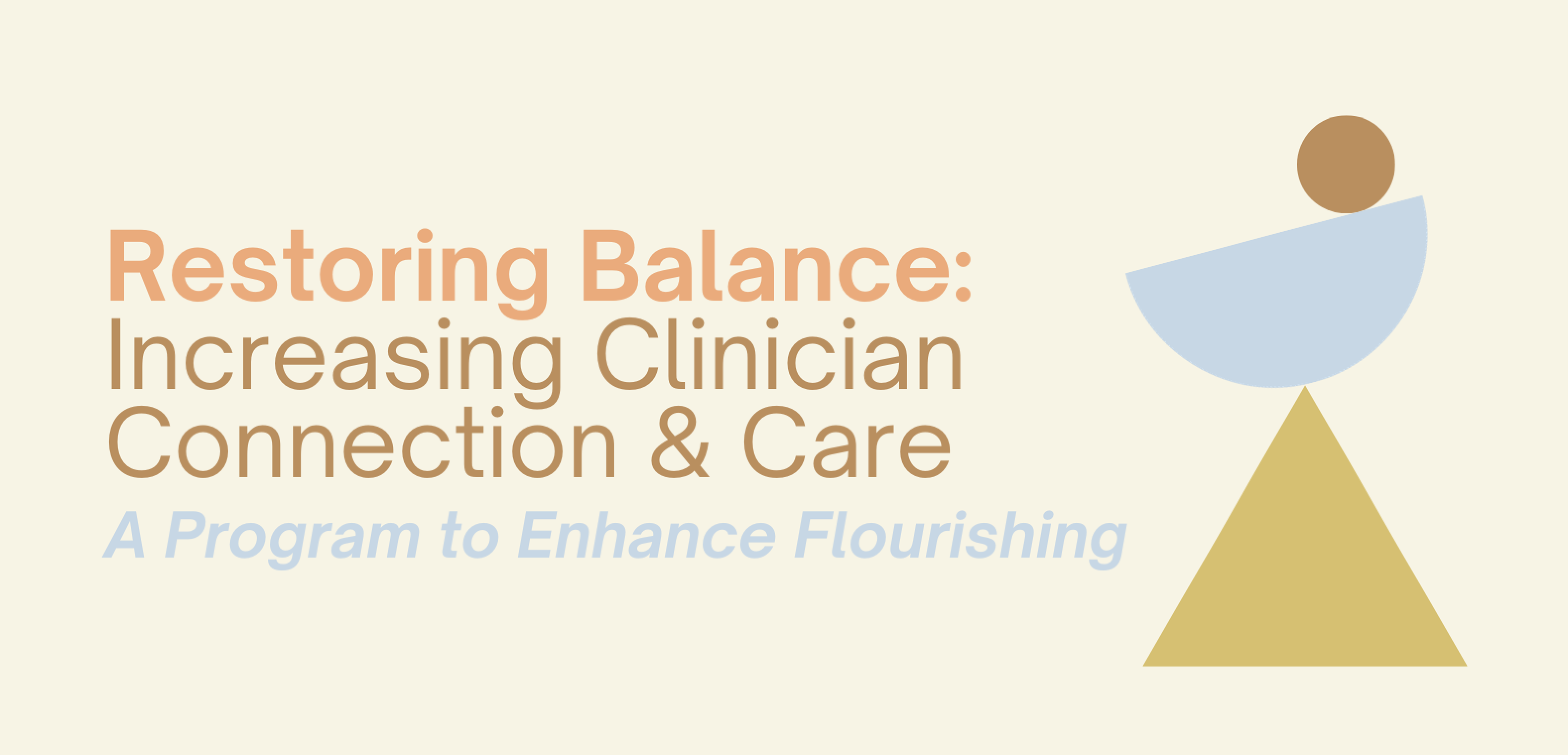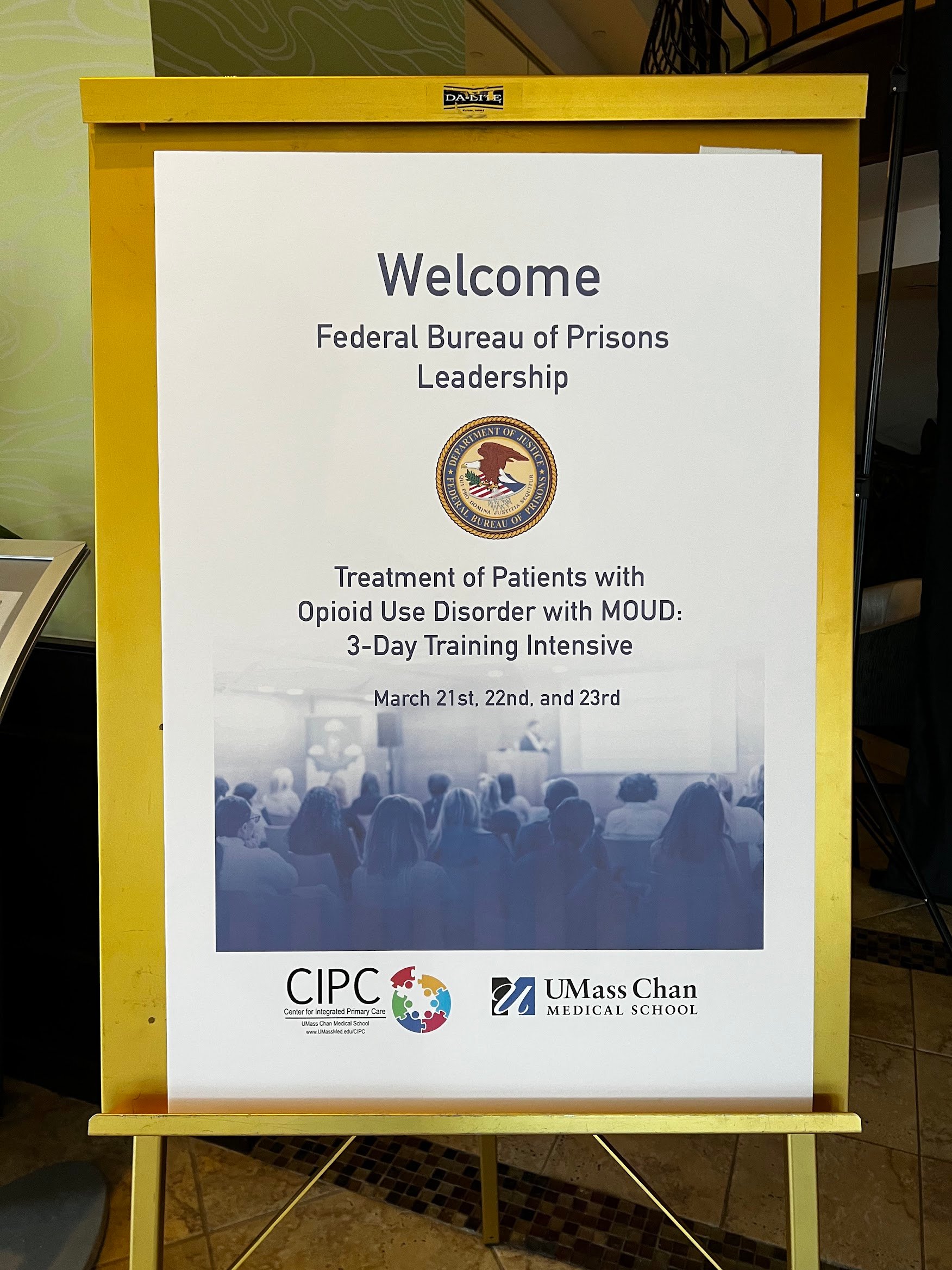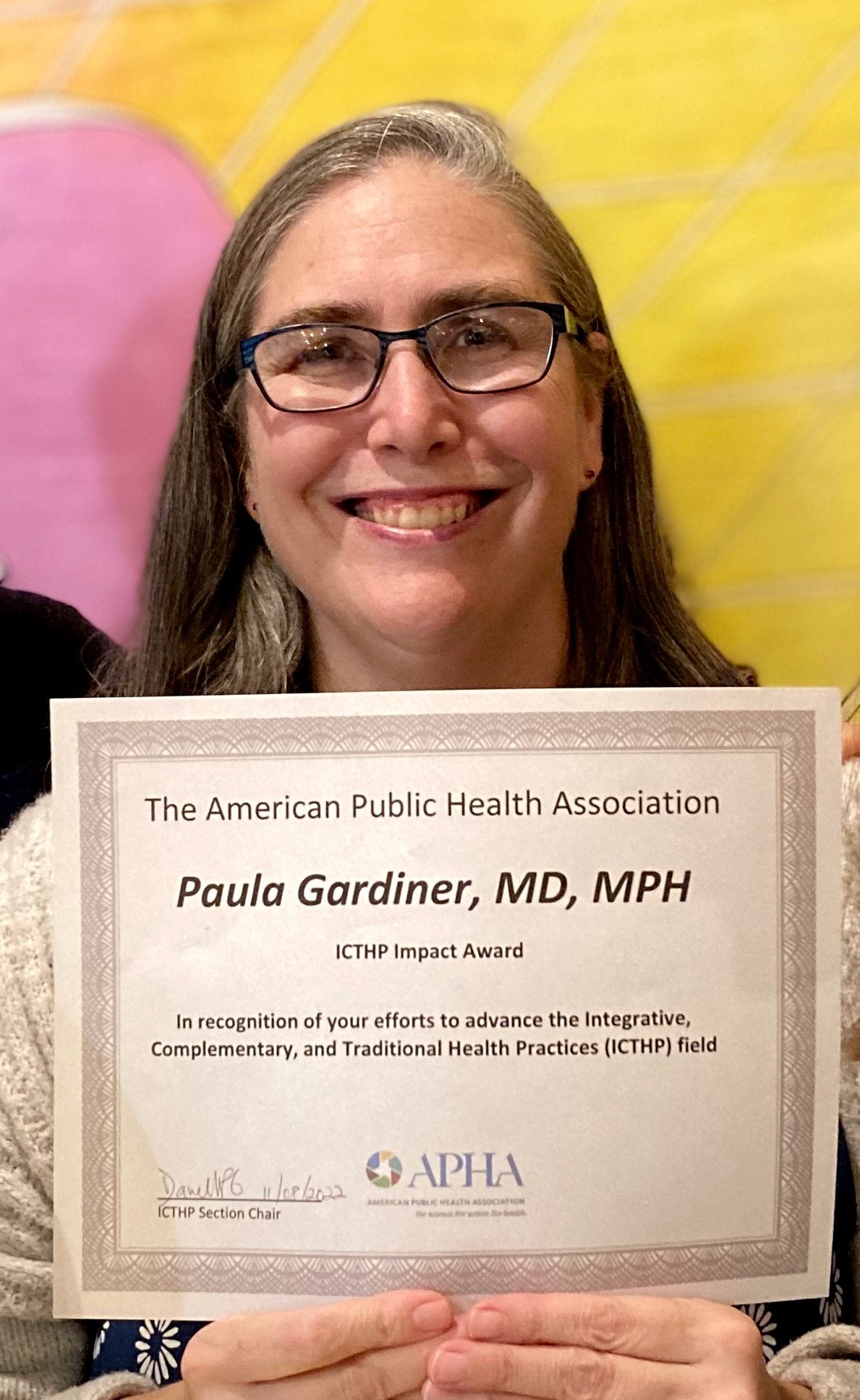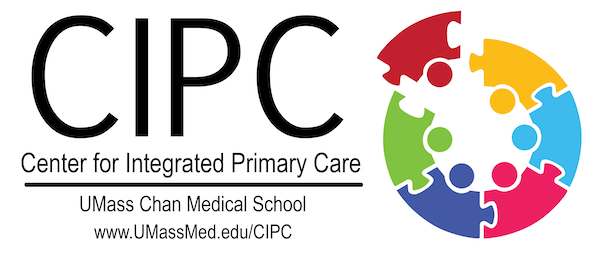Posted On: November 22, 2024

Dr. Sarah Pearson shares her passion for training clinicians in chronic pain management through a team-based approach. Learn about her upcoming six-hour workshop, “Working Together: Treating Persons with Chronic Pain,” happening Friday, December 6th, where attendees will gain actionable strategies for holistic care. Discover how Dr. Pearson's expertise in integrated primary care, trauma-informed approaches, and provider well-being shapes her teaching and care practices.
Posted On: July 30, 2024
CIPC (Center for Integrated Primary Care) had the privilege of interviewing Ariel Singer, MPH, a community health expert who specializes in helping healthcare professionals develop and implement practical strategies for human-centered health system redesign and care delivery.

Posted On: January 31, 2024

Clinician burnout has become an alarming epidemic in healthcare, affecting up to 60% of clinicians (Shanafelt et al., 2015). This phenomenon is linked to increased rates of depression, anxiety, and substance use, as well as elevated errors and diminished quality of care. Various factors contribute to burnout, including systemic issues like escalating quality metrics, administrative burdens, and shorter patient visits.
Posted On: August 30, 2023

After an assessment with East Bay leadership and team members to understand the current facilitators and barriers to integrated behavioral health efforts, CIPC faculty developed a day-long workshop on integrated behavioral health.
Posted On: March 30, 2023

In President Biden’s 2023 State of the Union he described a four-part Unity Agenda, and declared, “By this summer, the Federal Bureau of Prisons will ensure that each of their 122 facilities are equipped and trained to provide in-house medication-assisted treatment (MAT).”
Posted On: February 10, 2023

Adult Primary Care Physician Visits Increasingly Address Mental Health Concerns
Posted On: November 29, 2022

Dr. Gardiner was recognized for her work in health equity and medical group visits!
Posted On: September 27, 2022

We are thrilled to follow up on the successful second annual Group Medical Visit conference held on September 16th and co-chaired by CIPC’s primary care clinician, Paula Gardiner, MD. The conference was attended by 160 people from all over the world and there was a wide range of places represented including academic medical centers, community health centers, private practice, and the Veterans Administration.
Posted On: August 18, 2021

First let me say that the PHQ-9 is a fairly good tool for screening patients and identifying those who have an unmet behavioral health need. While I think computer adaptive testing is a better approach and the way of the future, there are still plenty of settings where a paper and pencil PHQ-9 is the best we can do.
Posted On: July 19, 2021

For years employers in many sectors, including healthcare, have offered funding for continuing education as an employment “benefit.” As healthcare increasingly focuses on quality of care, are there good reasons to think about this investment?
